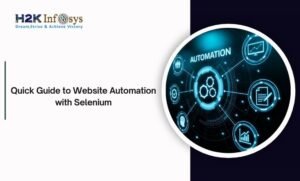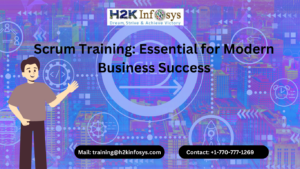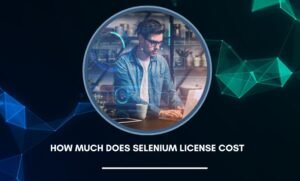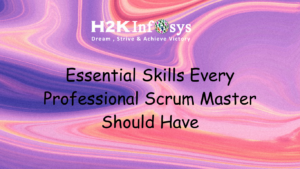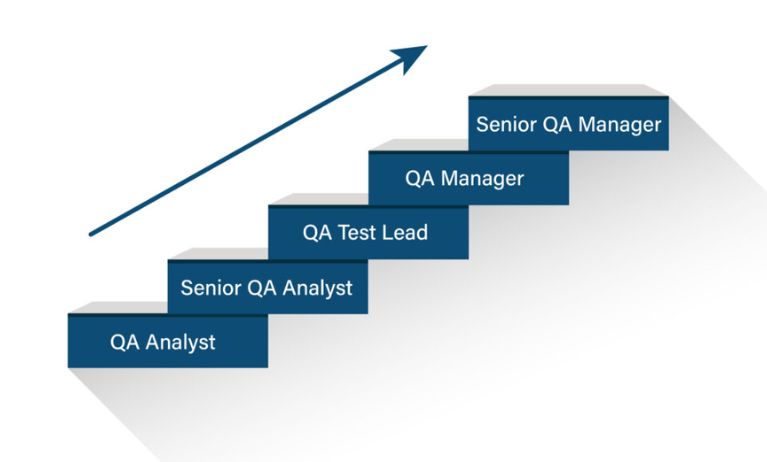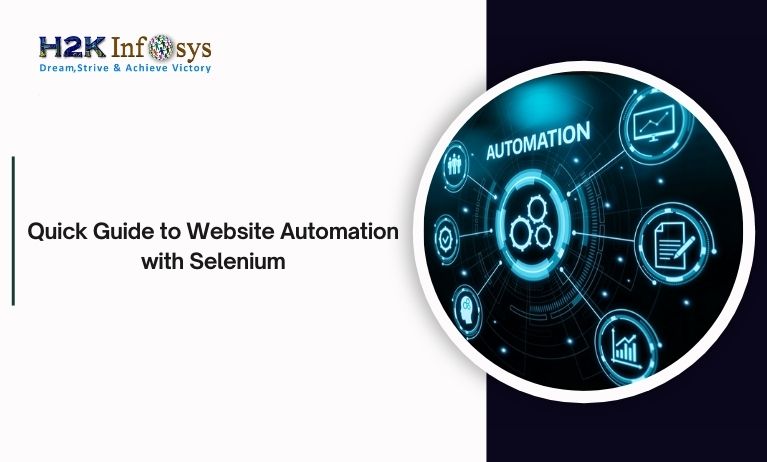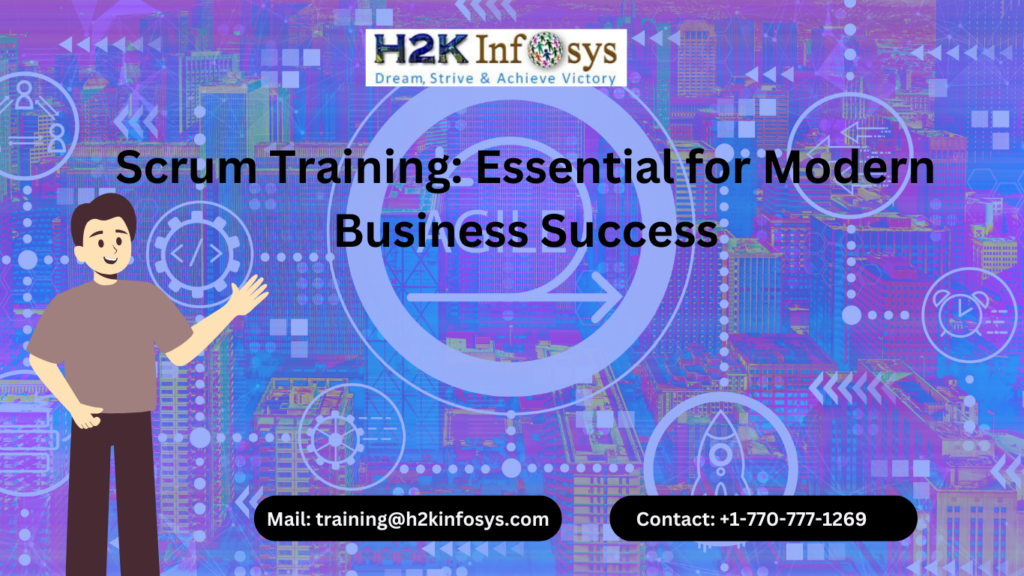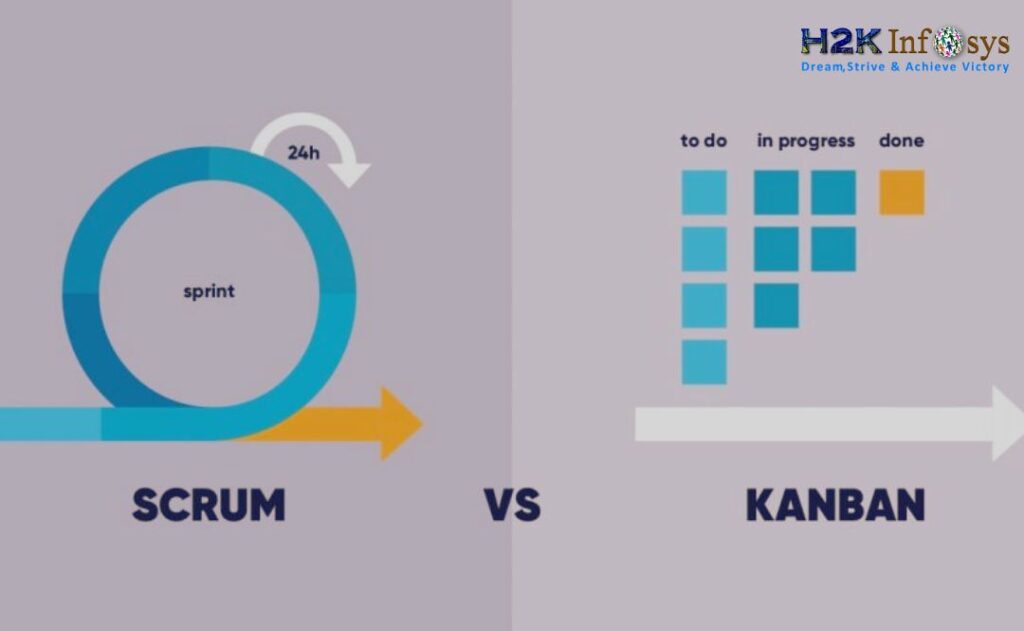The Salesforce Certified Technical Architect exam is a prestigious credential that validates the skills and knowledge required to design and implement complex Salesforce solutions. Achieving this certification can significantly enhance your career prospects and credibility in the industry. However, preparing for this exam can be a daunting task. This guide will unveil the secrets to passing the Salesforce Certified Technical Architect exam, providing strategies, tips, and resources to help you succeed.
Understanding the Salesforce Certified Technical Architect Exam

What is the Salesforce Certified Technical Architect Exam?
The Salesforce Certified Technical Architect exam evaluates candidates’ ability to design and implement scalable, high-performance technical solutions on the Salesforce platform. The exam covers various topics, including:
- Application Architecture
- Integration architecture
- Data Architecture
- Security architecture
- Governance and compliance
Exam Format and Structure
The exam consists of multiple-choice questions, which assess your understanding of various Salesforce features and best practices. Here’s a breakdown of the exam structure:
- Number of Questions: Approximately 60-70 questions
- Time Limit: 120-150 minutes
- Passing Score: Generally around 65-70%
- Exam Cost: Varies based on location
Secrets to Passing the Exam
Understand the Exam Objectives
Before diving into preparation, familiarize yourself with the exam objectives. Review the official exam guide to understand the key topics and areas of focus. This will help you prioritize your study material and allocate time effectively.
Key Topics to Cover:
- Application Architecture: Understand how to design applications that meet business needs while considering scalability and maintainability.
- Integration Architecture: Learn about integrating Salesforce with external systems and APIs.
- Data Architecture: Focus on data modeling, management, and best practices for data governance.
- Security Architecture: Know how to implement security measures and compliance regulations.
Create a Study Plan
A well-structured study plan is crucial for success. Here’s how to create one:
- Assess Your Current Knowledge: Identify your strengths and weaknesses in Salesforce concepts.
- Set Realistic Goals: Break down your study sessions into manageable chunks. Aim for daily or weekly goals to keep yourself motivated.
- Allocate Time: Dedicate specific hours each week for studying. Consistency is key!
Leverage Official Resources
Utilize official study materials and resources to ensure you are learning the most relevant content. These may include:
- Documentation: Review Salesforce documentation and guides to deepen your understanding of platform features.
- Modules: Complete relevant modules that cover specific exam topics.
Engage in Hands-On Practice
Practical experience is invaluable when preparing for the exam. Here are some ways to gain hands-on experience:
- Create a Developer Account: Sign up for a free developer account to experiment with Salesforce features and functionalities.
- Build Sample Applications: Develop simple applications to apply what you’ve learned and reinforce your understanding.
Join Study Groups and Forums
Connecting with others preparing for the same exam can be beneficial. Consider the following:
- Study Groups: Join or create study groups with fellow candidates to share knowledge and resources.
- Online Forums: Participate in online discussions and forums to seek advice, ask questions, and gain insights from others.
Take Practice Exams
Practice exams are a great way to assess your readiness for the real exam. Here’s how to approach them:
- Simulate Exam Conditions: Take practice exams in a timed setting to replicate the exam experience.
- Review Your Answers: Analyze your results to identify areas for improvement and focus your study efforts.
Master Key Concepts
Ensure you have a strong grasp of the following key concepts that frequently appear on the exam:
- Salesforce Data Model: Understand the standard and custom objects, relationships, and schema design.
- Integration Patterns: Familiarize yourself with different integration patterns and when to use them.
- Security Model: Learn about profiles, roles, permission sets, and how they impact data access.
Utilize Additional Study Materials
In addition to official resources, consider using third-party study materials to supplement your learning. This may include:
- Books: Invest in books that focus on Salesforce architecture and exam preparation.
- Online Courses: Enroll in online courses that provide structured learning and expert insights.
Stay Updated with Salesforce Releases
Salesforce frequently updates its platform, and staying informed is essential:
- Release Notes: Regularly review release notes to understand new features, enhancements, and best practices.
- Webinars and Events: Attend webinars and events to gain insights into the latest trends and updates in the Salesforce ecosystem.
Take Care of Yourself
Preparing for an exam can be stressful, so remember to prioritize self-care:
- Manage Stress: Practice relaxation techniques, such as meditation or deep breathing exercises.
- Maintain a Healthy Lifestyle: Ensure you get enough sleep, eat well, and exercise regularly to keep your mind sharp.
Utilize Study Aids
Visual Aids: Consider creating visual aids such as mind maps, charts, or flashcards to help reinforce concepts and improve recall.
- Mind Maps: Use mind maps to visualize the connections between various Salesforce features and concepts.
- Flashcards: Create flashcards for key terms and concepts, which can be reviewed during breaks or commutes.
Explore Real-World Scenarios
To deepen your understanding of practical applications, explore real-world case studies and scenarios:
- Case Studies: Review case studies that illustrate how businesses leverage Salesforce to solve complex problems.
- Scenario-Based Questions: Practice answering scenario-based questions that require applying your knowledge to real-world situations.
Seek Mentorship
Consider seeking mentorship from experienced professionals who have successfully passed the exam:
- Networking: Attend industry events or networking functions to connect with potential mentors.
- Informational Interviews: Schedule informational interviews with professionals to gain insights into their preparation strategies.
Focus on Real-World Applications
Understanding how Salesforce solutions are applied in real-world scenarios is crucial for the Technical Architect exam. It is not just about knowing the theory; it’s about how to implement solutions effectively in various business contexts. Here are some strategies to deepen your understanding of real-world applications:
- Case Studies: Study case studies from organizations that have successfully implemented Salesforce solutions. Pay attention to their challenges, the solutions they employed, and the outcomes they achieved. This insight will provide you with practical knowledge that can be valuable during the exam.
- Workshops and Simulations: Participate in workshops or simulations that mimic real-world scenarios. These interactive experiences allow you to apply your knowledge and problem-solving skills in a controlled environment, reinforcing your learning.
- Industry Trends: Stay updated on industry trends and best practices related to Salesforce implementations. Understanding the current landscape will help you better analyze case studies and answer scenario-based questions on the exam.
Networking with Professionals
Networking with professionals in the Salesforce community can be immensely beneficial for exam preparation. Engaging with others who are also pursuing the certification or have already achieved it can provide unique insights and support. Here’s how to effectively network:
- Join Local User Groups: Many regions have Salesforce user groups that hold regular meetings and events. Joining these groups allows you to meet other Salesforce professionals, share knowledge, and discuss preparation strategies.
- Participate in Online Communities: Engage in online communities, forums, and social media groups dedicated to Salesforce. These platforms are great for asking questions, seeking advice, and exchanging resources.
- Mentorship Programs: Look for mentorship opportunities within the Salesforce ecosystem. A mentor who has successfully passed the exam can provide invaluable guidance, study tips, and encouragement throughout your preparation journey.
Embrace a Growth Mindset
Adopting a growth mindset is essential when preparing for a challenging exam like the Salesforce Certified Technical Architect. A growth mindset encourages you to view challenges as opportunities for learning and improvement. Here are some ways to cultivate this mindset:
- Stay Positive: Maintain a positive attitude towards your studies. Celebrate small victories along the way, whether it’s mastering a challenging topic or completing a practice exam.
- Learn from Mistakes: If you encounter difficulties or fail to understand a concept, view it as a learning opportunity rather than a setback. Analyze what went wrong and adjust your study approach accordingly.
- Continuous Improvement: Commit to lifelong learning in the Salesforce ecosystem. Technology is constantly evolving, and staying informed will enhance your expertise and keep you competitive in the job market.
Preparing for Scenario-Based Questions
The Salesforce Certified Technical Architect exam includes scenario-based questions that assess your ability to apply your knowledge in practical situations. To prepare for these types of questions, consider the following strategies:
- Practice with Scenarios: Create or find scenario-based questions related to Salesforce architecture. Practice analyzing the scenario and determining the best course of action based on your knowledge of Salesforce features and best practices.
- Discuss with Peers: Engage in discussions with fellow candidates or colleagues about different scenarios. Collaboratively analyze potential solutions and the rationale behind each decision. This exchange of ideas can deepen your understanding and enhance your problem-solving skills.
- Focus on Business Outcomes: When tackling scenario-based questions, always consider the business outcomes. How will your solution impact the organization’s goals? This perspective is crucial for making informed decisions.

Exam Logistics and Final Preparation
As the exam date approaches, ensure that you are well-prepared from both a knowledge and logistical standpoint:
- Review Exam Procedures: Familiarize yourself with the exam procedures, including check-in requirements, identification needed, and technical specifications if taking the exam online. Knowing what to expect can reduce anxiety on exam day.
- Pack Your Essentials: Prepare a checklist of items you need for exam day, such as identification, any necessary paperwork, and comfort items like snacks or water to keep you energized.
- Rest Well: Ensure you get a good night’s sleep before the exam. Rest is crucial for optimal cognitive performance. Avoid cramming the night before; instead, review your notes lightly and focus on staying calm.
Celebrate Your Achievements
Regardless of the outcome, it’s important to celebrate your efforts and dedication to preparing for the exam. The journey to becoming a Salesforce Certified Technical Architect requires significant time and effort, and recognition of your hard work is essential for maintaining motivation:
- Acknowledge Your Journey: Reflect on how far you have come in your preparation. Acknowledging your progress can boost your confidence and help you approach the exam with a positive mindset.
- Plan a Reward: Consider planning a reward for yourself upon completing the exam, whether it’s a day out, a special meal, or something else that brings you joy. Having a reward to look forward to can enhance your motivation during your study sessions.
Exam Day Tips
Prepare Your Environment
On exam day, ensure that your environment is conducive to taking the test:
- Choose a Quiet Space: Find a quiet location free from distractions.
- Check Your Equipment: Ensure your computer, internet connection, and other necessary equipment are functioning properly.
Read Questions Carefully
During the exam, take your time to read each question thoroughly:
- Understand What’s Being Asked: Pay attention to keywords and phrases that may indicate the correct answer.
- Eliminate Obvious Wrong Answers: Narrow down your choices by eliminating incorrect answers.
Manage Your Time
Time management is crucial during the exam:
- Keep Track of Time: Regularly check your progress and adjust your pace accordingly.
- Don’t Spend Too Much Time on One Question: If you’re unsure, mark the question and move on. You can return to it later if time permits.
Stay Calm and Focused
Maintain a positive mindset throughout the exam:
- Breathe and Relax: If you start to feel anxious, take a few deep breaths to regain focus.
- Trust Your Preparation: Remember the effort you put into studying and trust your knowledge.
Review Before Submitting
If time allows, review your answers before submitting:
- Double-Check Key Questions: Ensure that you have not missed any key questions or marked answers you want to revisit.
- Final Review: Use any remaining time to confirm your answers and ensure you feel confident about your selections.
Conclusion
Passing the Salesforce Certified Technical Architect exam requires thorough preparation, dedication, and strategic study techniques. By understanding the exam objectives, creating a structured study plan, leveraging resources, and engaging in hands-on practice, you can significantly enhance your chances of success.
The path to becoming a Salesforce Certified Technical Architect is challenging but rewarding. With the right mindset and preparation, you can unlock new career opportunities and elevate your professional journey.




